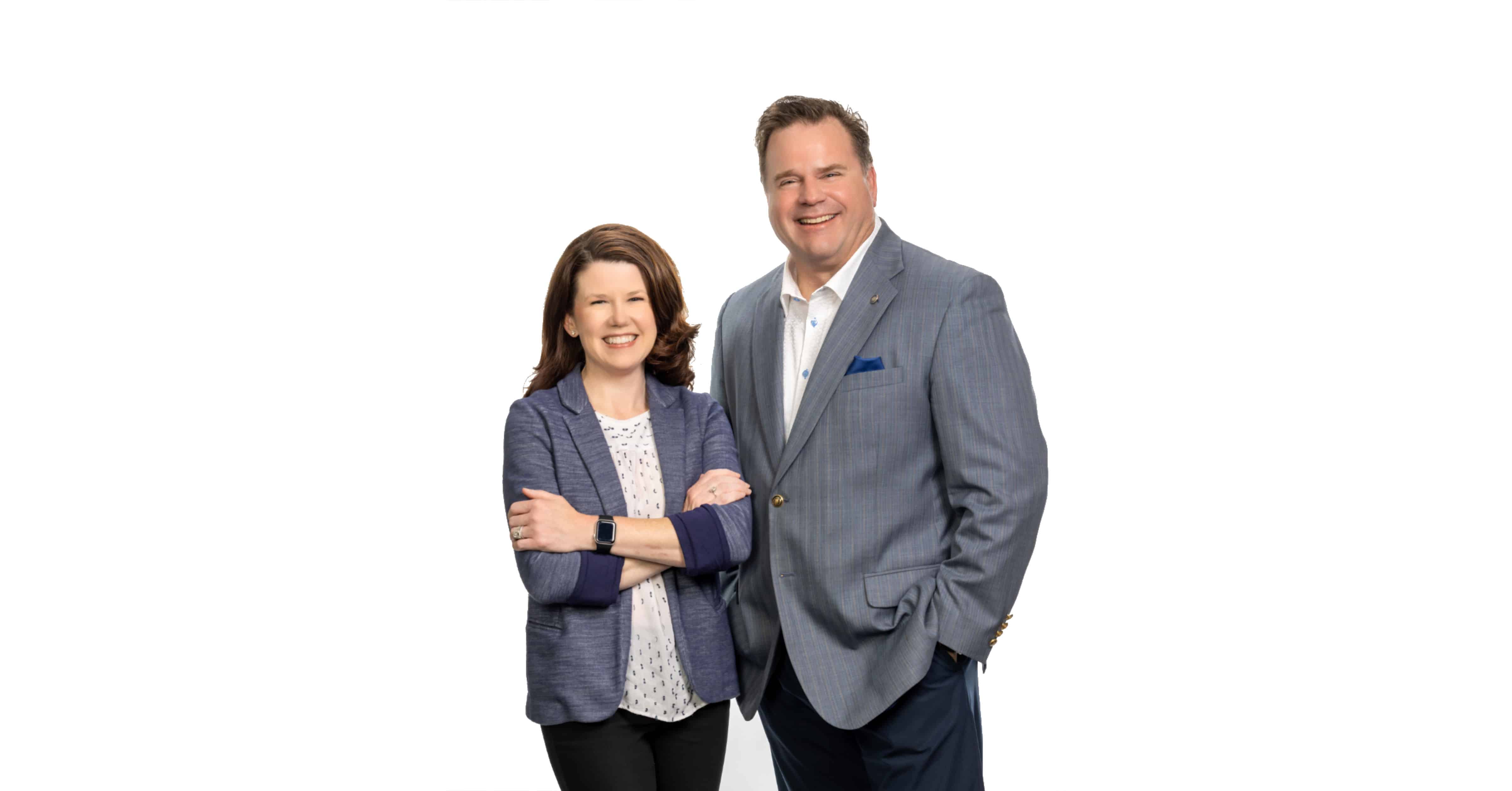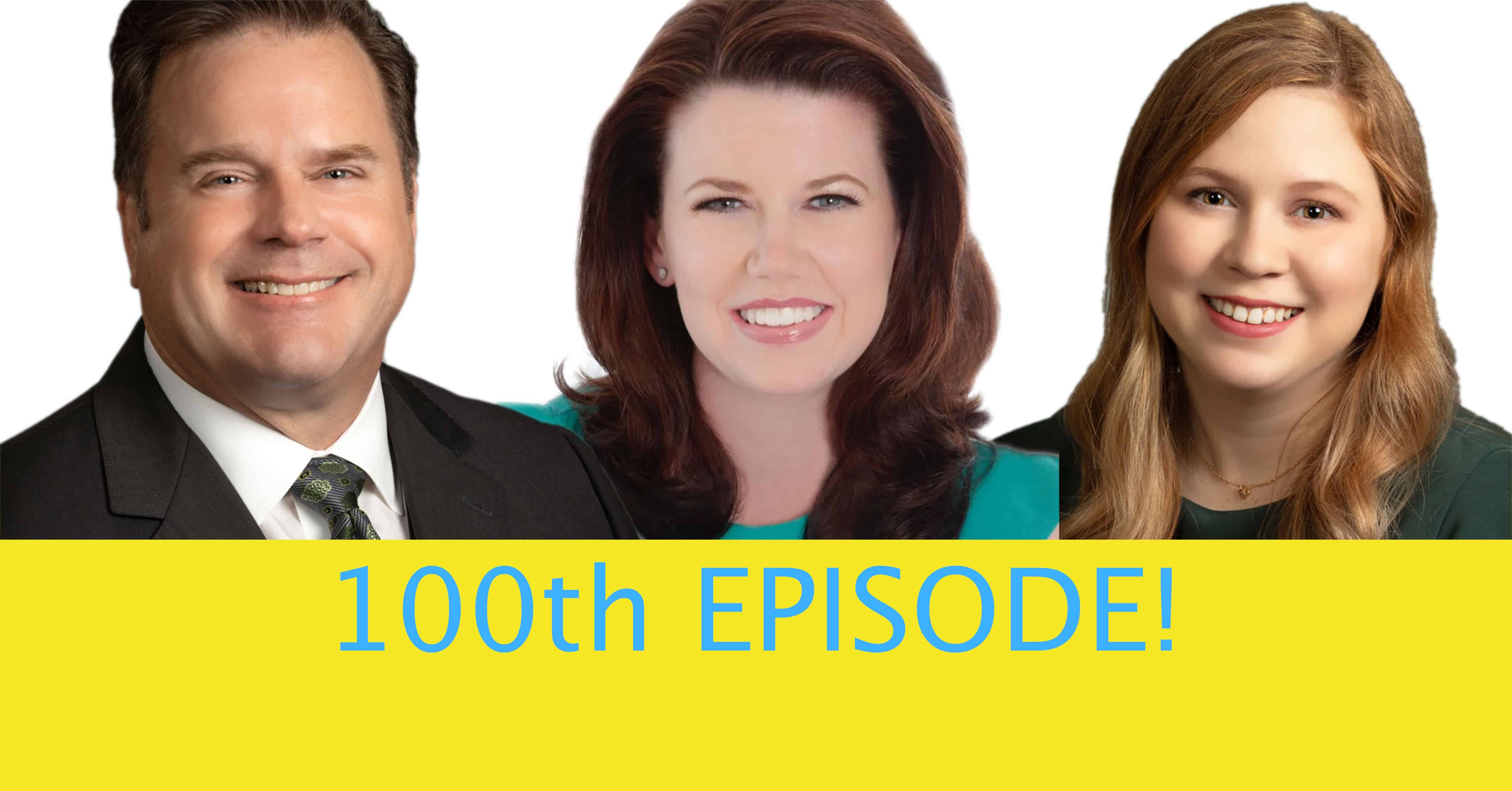Life happens with – or without – our consent! One of the most problematic areas of life is managing the fast-paced world of ever-changing financial, tax and estate information. In the past two weeks, the United States Congress has proposed more than ten bills, between the Senate and the House of Representatives, to increase tax revenue for the United States of America. Some of these proposed bills would impact your family. Others will impact families with greater wealth. Too often elected officials feel that they must act, whether it is a good outcome or bad one, to give the appearance of working for their electorate. Change is one outcome of working in our government and the impact is real.
As a CERTIFIED FINANACIAL PLANNERTM professional, one of the areas of control we bring to our clients is change. Of course, life is going to change almost daily. However, when you have a plan of action, with an expert in the field of planning guiding you through the maze of change, your probability of achieving your intended outcomes is much higher. Our role is to help you understand the impact of the changes on your personal life and finances. Frequently, you are subjected to changes without your knowledge. Consider inflationary impact on your investments.
One need only watch a few minutes of network television news daily to know her life is being impacted in positive and negative ways. Inflation has risen to 5.4% in 2021, according to the U.S. Bureau of Labor and Statistics, and may not have reached its peak. How does this affect your life? Think about the different consumer goods you purchase in a typical week. How much has gasoline, milk, bread and medications increased in the past year? Has your income maintained the pace of this increased cost of living? In most instances, the answer to this question is “no”.
What you need is to formulate a plan that considers inflation as a pressure on your family’s budget. One of the economic factors that is pertinacious is inflation. This challenge to the value of a dollar is always a factor in planning. The bigger question is how much will inflation be in 2022, 2023 and 2024? If I knew the answer to this quandary, well, I would be on an island in the Caribbean sipping on an iced tea while watching the sun set. Oh, back to reality.
One mitigating approach to combatting the negative impact of inflation is to invest in assets that are inflation resistant. For example, you wouldn’t wish to buy a 30-year U.S. Treasury Bond while inflation is rising. The impact of inflation on the value of the security is considerably negative. However, you may wish to analyze your portfolio for investments in stocks that are more growth oriented to overcome the inflationary pressure you are experiencing.
Another area of change for which we have no control is the loss of a spouse or other family member. This type of change, we refer to as familial change, is difficult for most families to navigate, particularly when the person was a breadwinner for the family. What do you do now? It is critical that you seek the appropriate counseling from a licensed therapist or group to deal with grief. The next step would be to regain control of your finances. Seek out a CERTIFIED FINANCIAL PLANNER™ professional to help gain clarity of focus and to manage the change to your best outcomes. When you meet with someone to discuss your personal finances, it takes a tremendous amount of trust. The good news is that you will gain significant optimism from the assistance that will empower you with confidence that life is back to your design.
Change will be present in our lives forever. However, you have the power to determine if the changes control you or you control the effects of the changes. One powerful tool in maintaining your control is to have a plan. Contact a CERTIFIED FINANCIAL PLANNERTM professional to help you gain control of your financial life. See you on the jogging trail!














